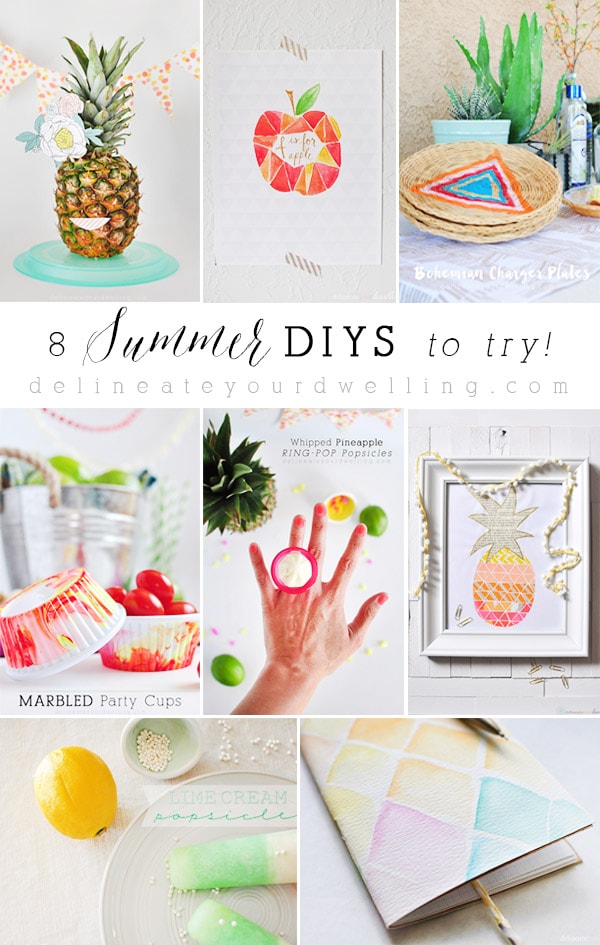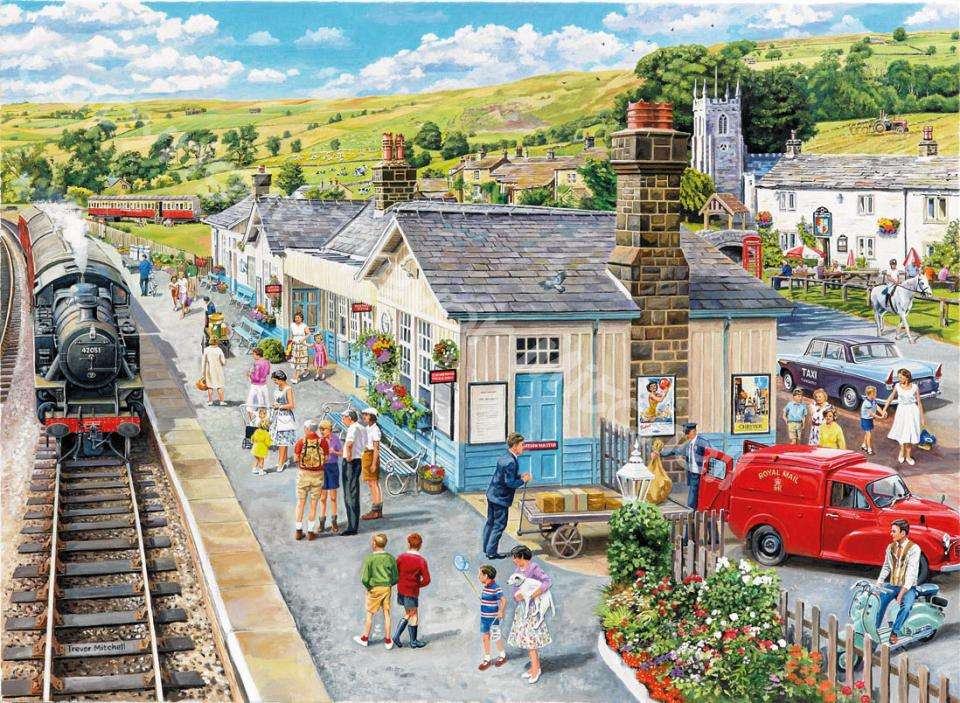
Vogue Knitting magazine could be for you if your hobby is knitting. It is published biannually in SoHo Publishing LLC. In this issue, we take a look at some of the issues published in this publication. Below are some of these topics.
The Ultimate Knitting Book
The Ultimate Knitting book for Vogue Knitting includes input from over 50 top experts. It covers all aspects of knitting from terminology to diagnostics to blocking to yarns to needles and other tools. It is the only book that provides such detailed guidance on knitting.

40th anniversary
Vogue Knitting celebrates their 40th anniversary in fall with a special Collector's Issue featuring 18 knit designs from five top designers. Mari Lynn Patrick is honored as the magazine's 40th Anniversary. She has worked with Vogue Knitting over the past 40 years. Her three winning designs are included in the issue.
Techniques
Techniques of Vogue Knitting books are a comprehensive guide for knitting. The book offers tips for both beginners and experts, as well advice on how to design, gauge, and stitch. It is also chock-full of design inspiration, including 50 patterns by world-renowned knitwear designers.
Interviews
Interviews with fashion designers, knitters, or other knitting enthusiasts make up the Vogue Knitting podcast. This podcast covers everything from knitting patterns to yarn reviews. Vogue Knitting was established in 1932 by SoHo Publishing LLC. Its archives date back to 1932 and it was previously published by Conde Nast. It was closed in 1969. However, the magazine was relaunched by Art Joinnides, founder of Butterick Company, who saw a need for a knitting magazine. Norah Gughan is the editor at present. It is headquartered in New York City.
Styles
Styles of Vogue Knitting can be a great resource for anyone who has ever wanted to know how to make the perfect cape. It includes both traditional and contemporary designs as well as key techniques. It includes design advice and 50 patterns by some of the most renowned knitwear designers in the world.

Trisha Malcolm
Trisha is Vogue Knitting’s executive brand strategist. She is also the editor for its Sixth & Spring books imprint. Since the age of four, she has been knitting. In addition to her role at Vogue Knitting, Trisha Malcolm has also worked as an artist teacher and editor for several magazines and books in knitting and handcrafts. In addition to her role at Vogue Knitting, Malcolm has also been the editor of Knit Simple magazine. She lives with her son in Brooklyn.
FAQ
What is observation hobby?
Observation hobbies are activities where you observe people doing what they do. These hobbies could include reading books, watching sports, or going on vacation. It could also be observing other people as well.
Because they teach you how to think creatively, observation hobbies are great. You can apply this knowledge later on when you work with others.
You will discover that learning is easier when you are interested.
For example, if you want to know more about football, you may watch a game or read a book about it. Visit or take photographs to learn more about the art of photography.
If you love to play music, there are two options: either buy a new guitar online or follow along with the songs.
If you like cooking, you could cook your own meals or visit restaurants.
You could also grow flowers or vegetables if you enjoy gardening.
If you like dancing, you could join a dance class or go out with friends.
You can paint pictures if your passion is painting.
If you like writing, you could write stories or poems.
You can draw pictures if your passion is drawing.
If you love animals, you could look after pets or work at a zoo.
If you enjoy science, you might consider studying biology, chemistry and physics.
History lovers can watch films, read books or listen to podcasts.
If you enjoy traveling, you can travel around the world or just explore your own area.
Is it possible make a living from a hobby?
Not necessarily.
You could be wealthy if you have a passion for starting your own business.
Let's take, for example, that you love cooking. You love to eat healthy food, so you decided to open up a restaurant.
You serve only organic meals made from scratch and charge customers a small fee to cover the costs of ingredients and labor.
As you build your clientele, you eventually hire employees to help you.
You can eventually expand your menu to include vegan and gluten-free dishes.
This scenario allows you to have the lifestyle you want and a business you can be proud of.
You don't have a right to quit your job.
Instead, you could run your restaurant while still working your regular 9-5 job.
Why do we need hobbies?
Hobbies are an important part of our lives because they give us time to relax, unwind, think creatively, exercise, socialize and enjoy ourselves. We also have the chance to learn new skills and pursue lifelong passions.
Hobbies help us to find meaning and purpose in our lives.
They are often a great way to spend free time when you don't have much else going on.
And they're fun!
If you don’t make time for a hobby then it’s probably not worth your time.
Consider all of the possibilities available to your. Start a hobby today, if you don’t have one already!
What kind of hobbies is best for introverts.
The ability to focus on just one thing is a hallmark of introverts. They like solitude activities such as reading and writing, listening to music and watching movies.
They also enjoy quiet time. They are not social creatures and don't want to be around people all day. They are often bored when surrounded in people.
Introverts will often choose hobbies that require them alone. An introvert might like to read, listen to music, take photographs, paint, write poetry, or even create art.
Introverts may even prefer to live alone. They can concentrate on their hobby without being distracted.
How do I start my new hobby?
The first step toward starting any new hobby is to decide what kind of activity you'd like to pursue.
After you've decided on your subject, it is important to feel passionate about it.
It is crucial to know why you want to pursue a hobby. This will help give you direction and provide a purpose.
Once you decide what kind of hobby you want, you can start planning.
Think about what equipment you'll need to purchase.
You might need to consider whether you should attend classes or seminars.
You should ensure that you have enough space to enjoy your hobby.
You may also consider joining a club or group. These groups can offer support and guidance.
Think about how much you'd need to spend on your hobby.
Statistics
- Much of this decline reflects the fact that teens are less likely to work today than in the past; among employed teens, the amount of time spent working is not much different now than it was around 2005. (pewresearch.org)
- This 100% accurate personality-analyzing hobby quiz discovers your passion based on your characteristics. (quizexpo.com)
- The intensity of the dialogue partners' bond at the end of the forty-five-minute vulnerability interaction was rated as closer than the closest relationship in the lives of 30 percent of similar students. (time.com)
- I am 100% biologically a woman (discover.hubpages.com)
- Almost 80% of people claim to have no hobby. (hobbylark.com)
External Links
How To
How to Begin Biking
Bike riding is one of the most popular sports activities today. It's a great sport that you can do for exercise and enjoyment, as well as allowing you to get out in the freshest air. Bike riding is a skill that takes practice and requires skill. You must learn how to ride your bicycle correctly so that you don't fall off while riding. Here are some tips to help learn how you can ride your bike safely.
Proper cycling clothes are essential. Comfortable clothing will protect you from the elements and should fit well. While riding, ensure that you are wearing a helmet. If you do crash, your head won’t hurt too much. Make sure your bike is properly fitted. A poorly fitting bike could cause injuries during a collision.
Also, make sure you check your tires often. You must insure that your tires are sufficiently inflated to give you adequate traction. You should inspect your tires every week. Make sure the treads are free of debris and clean when checking them. To ensure there are no leaks, check the stems of the valves. You must ensure that the brakes function properly. When riding, be aware of what is ahead. Avoid riding in traffic as it is dangerous. Be aware of pedestrians and animals around you. Be sensible when riding. Avoid driving like a madman and don't make sudden movements.